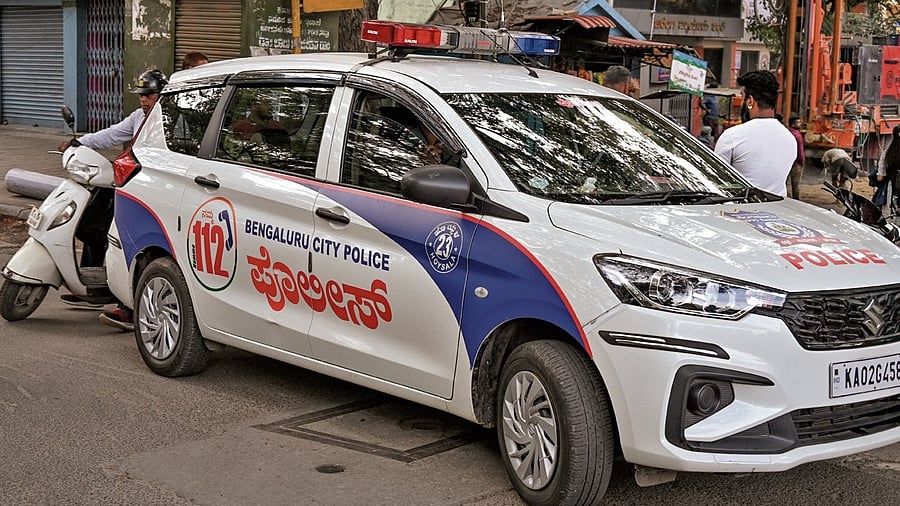
Bengaluru Police Commissioner B Dayananda says the force made a deliberate decision to utilise all legal means to control rowdy activities in the city.
DH FILE PHOTO
Bengaluru: The Bengaluru police are invoking the harshest law on the statute book to crack down on gangsters.
In the past year, they have invoked the stringent Karnataka Control of Organised Crime Act (KCOCA) against a record 95 individuals, the highest number since the law was introduced in 2002.
Similar to the Maharashtra Control of Organised Crime Act that the neighbouring state enacted to clamp down on the Mumbai underworld, KCOCA is designed to curb criminal activities by organised crime syndicates. It mandates a minimum imprisonment of five years, extending up to life term.
Despite its severity, KCOCA was rarely used by the Bengaluru police. Over the past two decades, the maximum number of people booked under KCOCA in a single year was 20, with at least eight years seeing no cases at all.
However, since June 2023, the city police have registered seven cases and invoked KCOCA against 95 individuals.
Prominent figures against whom KCOCA has been invoked include 'Wilson Garden' Naga, 'Kulla' Rizwan, 'Bakery' Raghu, 'Banaswadi' Manjunath and 'Viveknagar' Shivakumar.
B Dayananda, Bengaluru Police Commissioner, stated that the force made a deliberate decision to utilise all legal means to control rowdy activities in the city.
"It's an effective law with the potential to dismantle active crime syndicates. Therefore, to combat rowdyism and gang wars, we began utilising this law to its fullest extent," he told DH.
'Decline in real-estate crimes, gang wars'
A senior officer in the Central Crime Branch (CCB) suggested that the arrests of notorious rowdies such as 'Wilson Garden' Naga and 'Bakery' Raghu had led to a decrease in real estate-related crimes and gang wars.
He explained that the Goonda Act and similar laws only restricted these individuals for a year, allowing them to eventually return to their activities. Consequently, KCOCA is being used more extensively.
Another senior police officer emphasised that these rowdies rarely acted directly; instead, members of their syndicates conducted business in their names. Even when the leaders were imprisoned, their 'chelas' (sidekicks) continued operations. This is where KCOCA proves effective.
"With KCOCA, we can not only arrest all members of a notorious gang, but also effectively break the chain of their syndicate as they would spend at least five years behind bars," the officer said.
However, identifying new recruits to the gang and budding rowdies who exploit the names of prominent figures to extort money remains a challenge.
After invoking KCOCA, the police have assigned special public prosecutors to argue these cases. In addition, they are seeking assistance from individuals knowledgeable about KCOCA who have previous experience with such cases to aid investigators.